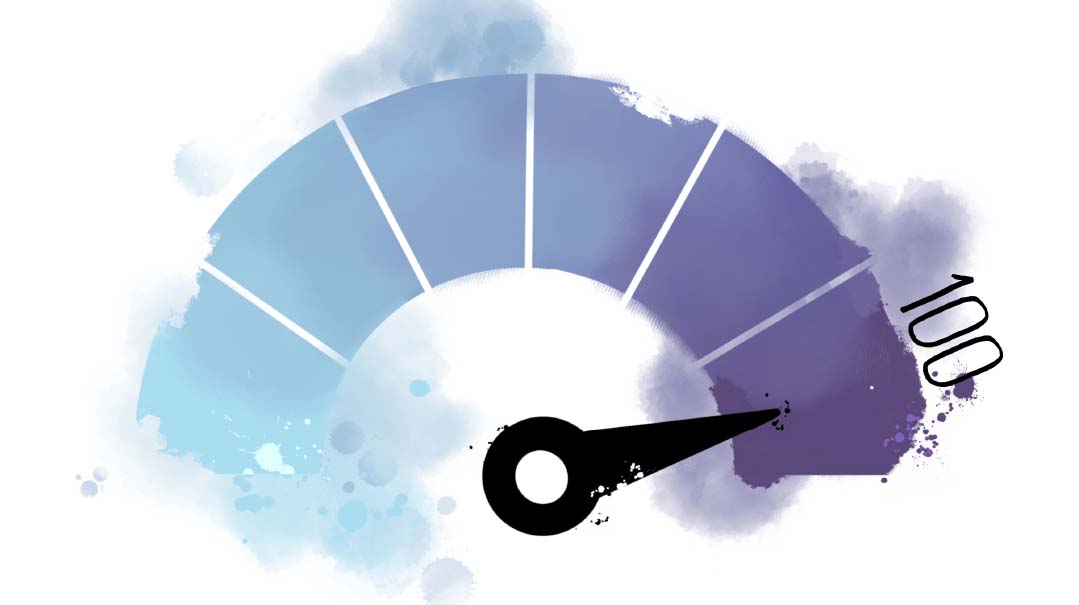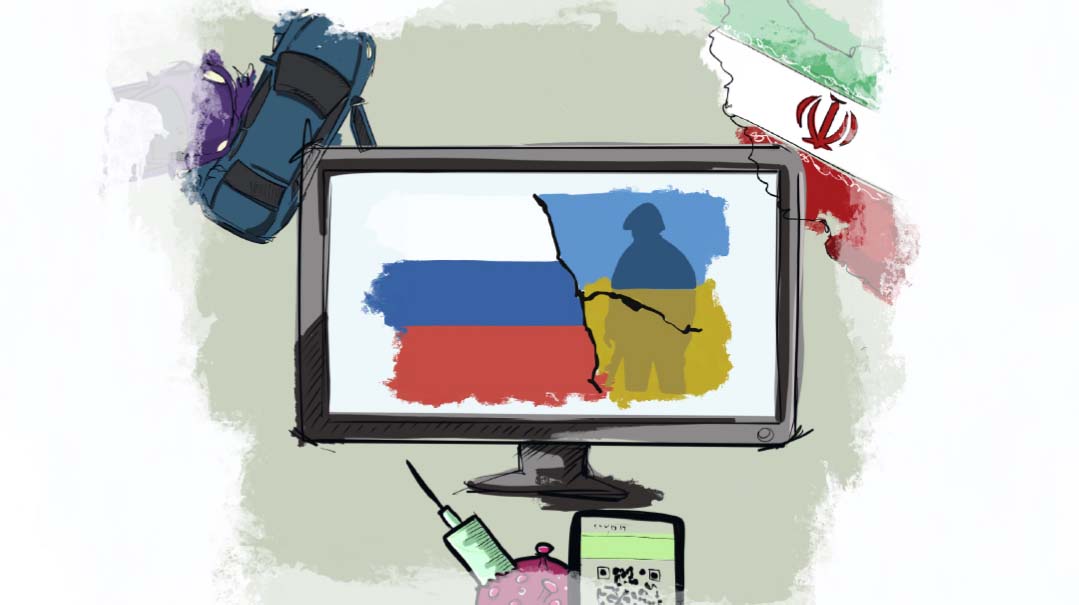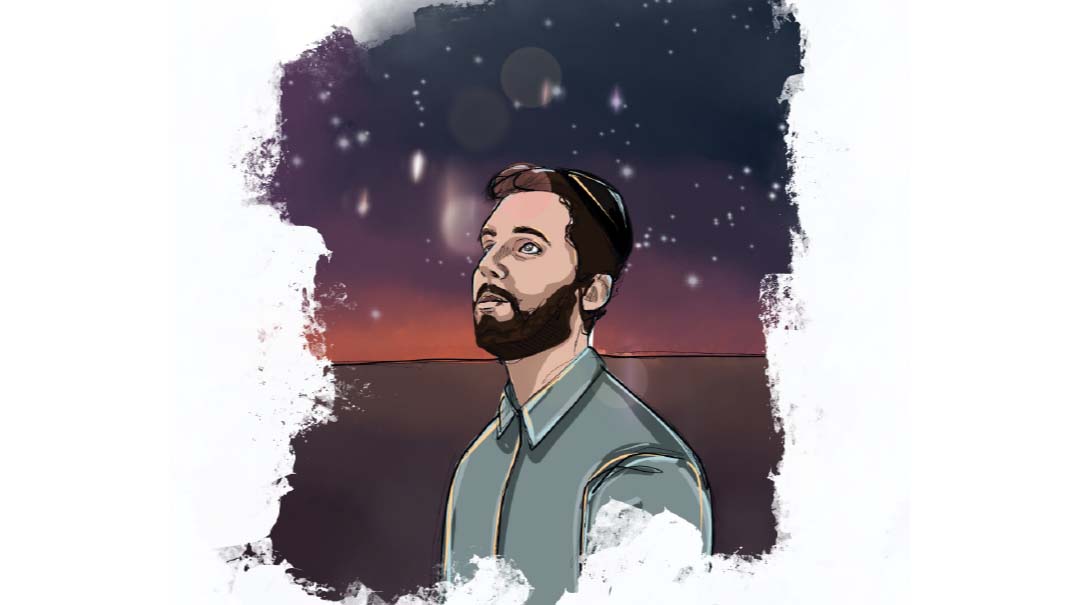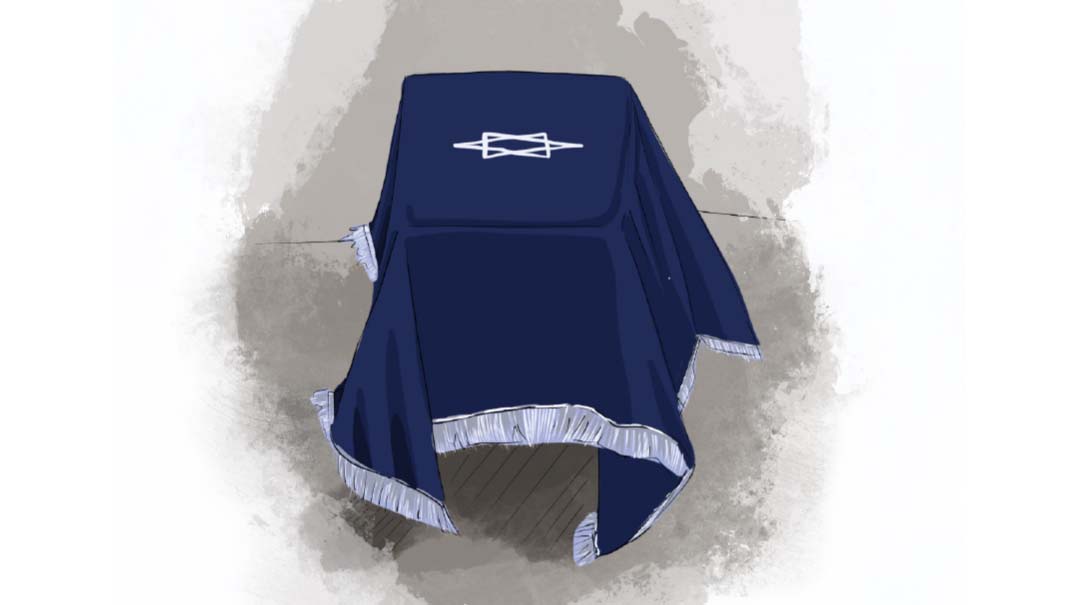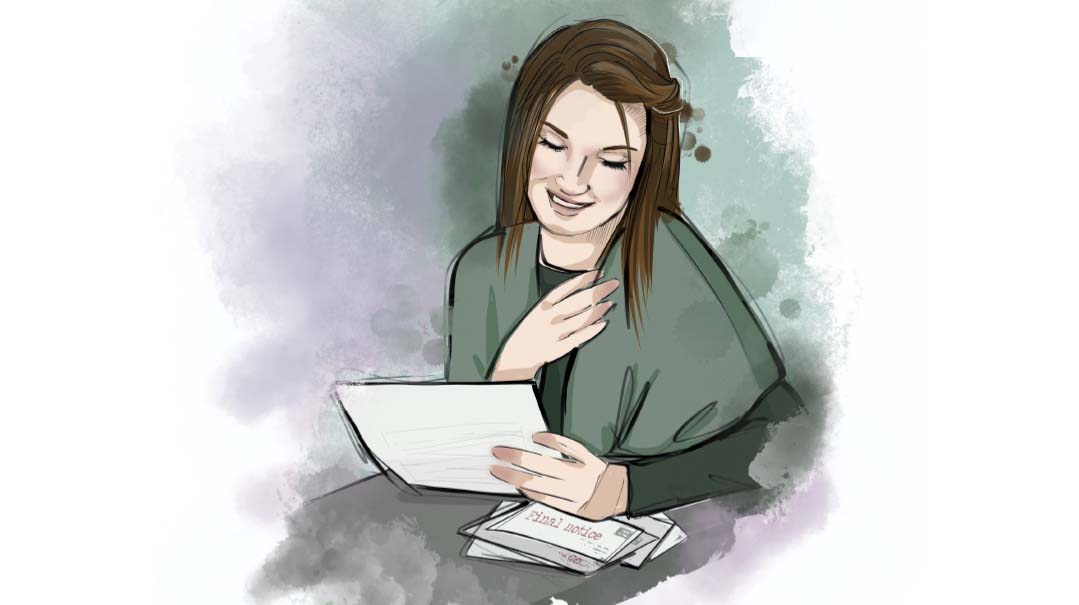On Track

Two years later, those Covid-inspired kabbalos and resolutions are still keeping us going. Eight personal accounts

Project Coordinator: Rachel Bachrach
Illustrations: Marion Bellina
On the spring of 2020, the pandemic forced me into home lockdown for a while. Of course, unable to go to shul, I missed many things: reciting Kedushah and Barechu, Torah reading, responding to Kaddish, plus the camaraderie that develops between people who are united by an unbroken attendance at the daily 6 a.m. minyan, which in winter is often cold, dark, and wet.
But the isolation also helped me in a very real, spiritual way: It gave me the time and space to focus on the davening. Many daily minyanim run like a railroad train: Twelve minutes to Yishtabach, eight more minutes to Shemoneh Esreh. Even the slow-paced minyanim move forward relentlessly; if you pause in the midst of a section, you risk falling far behind, so you learn to keep up and not get distracted by meditating or reflecting too much on what you’re saying.
Lockdown davening allowed me to indulge in these pleasures, to the extent that I had the chance to become reacquainted with the preliminary sections of Shacharis, Ashrei, and Aleinu, among other prayers, not to mention the opportunity to dwell at my leisure on the Akeidah narrative and the amazing interplay in the dialogue between Avraham and Yitzchak.
Normally, we skim quickly over the key verse in Ashrei (Tehillim 145): “Poseiach es yadecha — You open Your Hands and satisfy the desire of every living thing.” But this phrase is nothing other than the very basis of the religious life: G-d the Provider.
At a shul davening, one cannot easily pause here to think about it for a moment or two, because the train is leaving the station. But during quarantine, I took the time to say hello to this phrase, to reflect on what it means to me, practically and regularly, that G-d is the Source of everything with which I have been blessed.
There is also Aleinu, with which we conclude every single davening. As we rush out the shul door to our daily tasks, it reminds us that, though we might think so, we are not in charge —G-d is. “Anachnu kor’im umishtachavim umodim — We bow and prostrate ourselves and acknowledge before the King of Kings.” Aleinu is probably the most neglected prayer in our regular davening, precisely because it comes at the end, and because we say it several times every single day of the year (though it does come into its own on the Yamim Noraim, when we literally prostrate ourselves as we recite these words).
In lockdown, without worrying about being late to any appointments, I was mindful to stop and listen to the words I was saying.
These days, I’m grateful to be able to attend my beloved daily minyan again. I don’t long for lockdowns or quarantines, but I have a confession: Occasionally I am tempted to get off the train, to think more deeply about the sacred words I am mouthing.
This is what the pandemic did for me: It made me conscious of the temptation to skim over words. It granted me the space to achieve this awareness, allowing me to resist the temptation, and helping me pause and reflect, every day, three times a day, about to Whom I am davening, and why I am davening, thereby deepening our relationship.
Rabbi Emanuel Feldman was a rabbi in Atlanta, Georgia, for 40 years and the former editor of Tradition. He is a regular Mishpacha columnist and the author of more than ten books.
(Originally featured in Mishpacha, Issue 900)
Oops! We could not locate your form.

